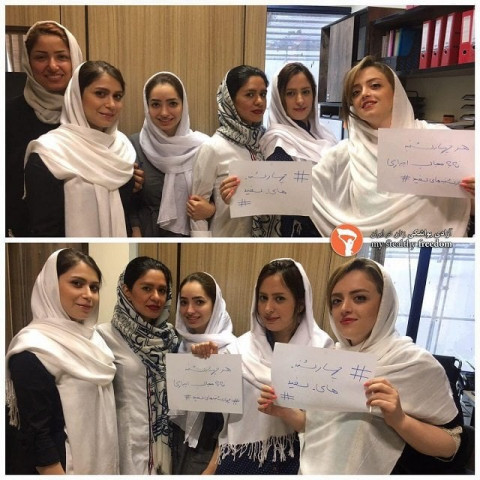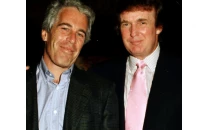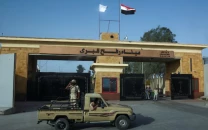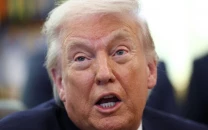How a hashtag on Wednesdays is fighting Iran's dress code for women
Under Iran's Islamic law women are obliged to cover their hair and wear long,<br /> loose-fitting clothes

"Together,we are stronger.Protesting against compulsory hijab in our office" PHOTO: @MASIHPOOYAN/ TWITTER
To campaign against the obligatory wearing of headscarves -
or hijabs - Alinejad last month encouraged women to take videos
or photos of themselves wearing white and upload them on social
media with the hashtag #whitewednesdays.
"My goal is just empowering women and giving them a voice.
If the government and the rest of the world hear the voice of
these brave women then they have to recognise them," Alinejad
told the Thomson Reuters Foundation by phone.
Two girls ‘harassed’ by US school authorities for wearing hijab
Under Iran's Islamic law, imposed after the 1979 revolution,
women are obliged to cover their hair and wear long,
loose-fitting clothes for the sake of modesty. Violators are
publicly admonished, fined or arrested.
Although no official records have been collected, a report
by campaign group Justice for Iran in 2014 found over 10 years
nearly half a million women were cautioned and more than 30,000
women arrested in cities across Iran over the hijab law. The #whitewednesdays campaign is part of a larger online
movement started three years ago by Alinejad, a journalist who
has lived in self-imposed exile since 2009.
She has received death threats since her campaigning started. She created social media platforms and a website called My
Stealthy Freedom where women in Iran take photos of themselves
without hijabs to oppose Iran's dress code.
The 40-year-old activist wanted to raise the visibility of
her online movement so women could identify each other in the
streets of Iran by wearing white, "the colour of peace".
Hijab-wearing Muslim metal group challenges stereotypes
"I want people to talk. I want people to have a platform and
talk together because having a free conversation is something
Iranian society needs," said Alinejad, who now lives in New
York.
Some of the videos, which are subtitled by volunteers, have
several hundred shares on the My Stealthy Freedom Facebook page
that has more than a million followers. Some Iranian men have taken part in the campaign, and Alinejad also invites Iranian women who wear the hijab willingly to join as well - emphasising that the campaign is not against hijabs, but being forced to wear them.
Alinejad said she doesn't consider herself courageous -
unlike the Iranian citizens before the lens. "They are more brave ... Honestly, these are the leaders and I am following them," she said.



















COMMENTS
Comments are moderated and generally will be posted if they are on-topic and not abusive.
For more information, please see our Comments FAQ